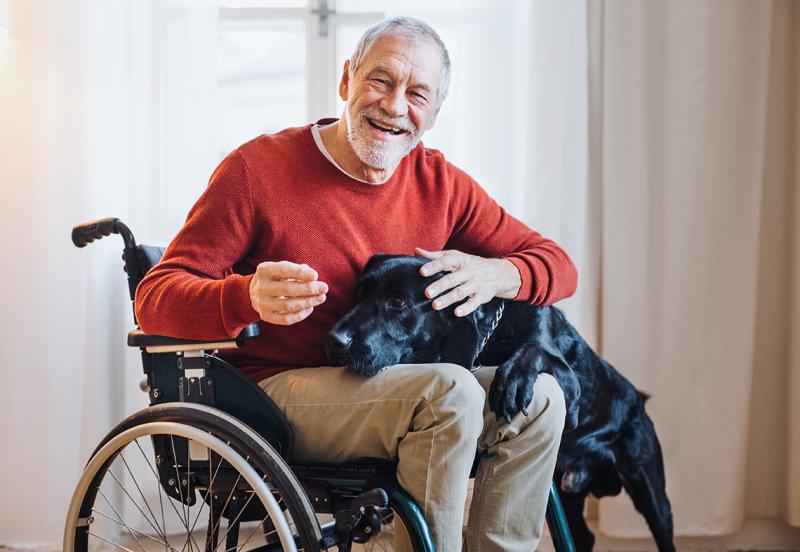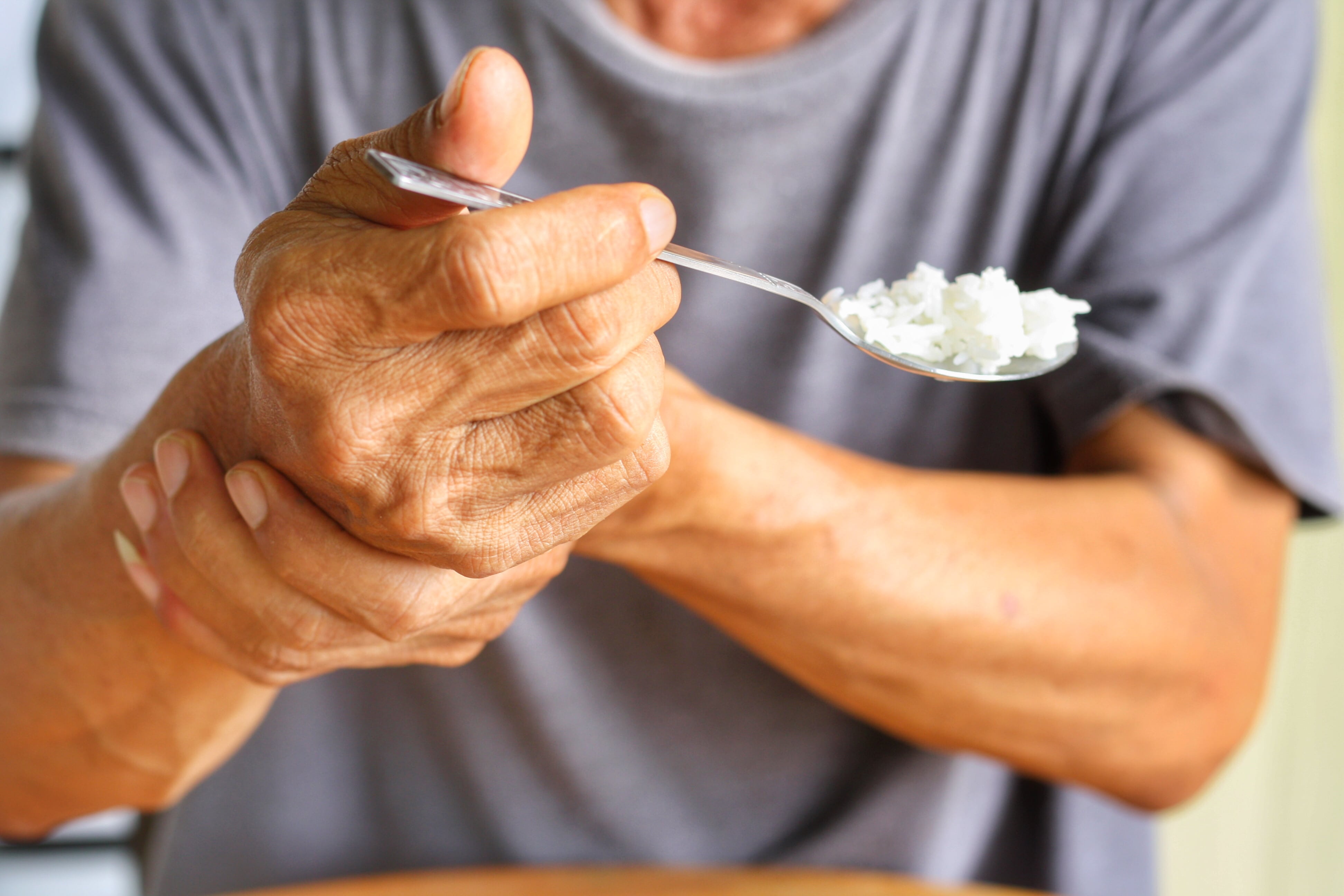Resources
Mobile Resource Library Tabs
Filters
Search
Categories Navigation
Asset Publisher
Content with Target Audience Family Members or Friends .
Resources

The Financial Fatigue of Caregiving
Are you feeling the financial strain, or emotional and physical stress that comes along with caring for a loved one? This workshop will give you the tools needed to alleviate those stressors and help you to navigate your way around the additional expenses that caregivers endure.
WatchBy Rachel Slomovitz | 01/07/2021

Social Isolation and the Holidays During the COVID-19 Pandemic
Isolation has been a common theme of the COVID-19 pandemic. From the early days, we were encouraged to “socially isolate,” and while doing so is challenging for many of us, it is still considered to be a positive action for the good of our communities. But social isolation has a negative side, one that has existed long before the pandemic.
Read MoreBy Tamar Cooper and Kerstin Yoder | 12/15/2020

Caring for Your Older Loved One’s Pet
When the loved one we are providing care for has a pet, chances are we will provide care for their pet as well. While this can add to the time we spend and amount of tasks we manage as caregivers, it can also provide us opportunities for self-care and a way to begin difficult discussions with a loved one.
Read MoreBy Jess Bibbo, PhD | 12/15/2020

Parkinson’s Disease: Recognizing Your Loved One’s Symptoms and Receiving a Diagnosis
According to the Parkinson’s Foundation, more than 10 million people worldwide are living with Parkinson’s Disease, and around 60,000 Americans are diagnosed with the disease each year. Although it is the second most common degenerative neurological disorder after Alzheimer’s, many people are unfamiliar with the signs and symptoms, or confuse them for parts of the natural aging process. If we are caring for an older loved one, it’s important to recognize and understand Parkinson’s so we know when to begin seeking a diagnosis and how to better manage a loved one’s symptoms and care.
Read MoreBy Julie Hayes | 12/15/2020

Social Isolation and the Pandemic
The COVID-19 pandemic may have changed some normal family traditions this year. Not being with family and friends over the holidays may exacerbate feelings of social isolation and depression among older adults. Tamar Cooper, LISW-S, LICDC-CS, Associate Director of Behavioral Health Services, Benjamin Rose Institute on Aging, and Kerstin Yoder, MSSA LISWS, Social Worker/Mental Health Day Treatment Group Facilitator, Benjamin Rose Institute on Aging, share some tips for helping a loved one cope when you can’t be together, and learn how to help yourself let go of feelings of guilt you may be experiencing at this time.
WatchBy Tamar Cooper, Kerstin Yoder | 12/03/2020
